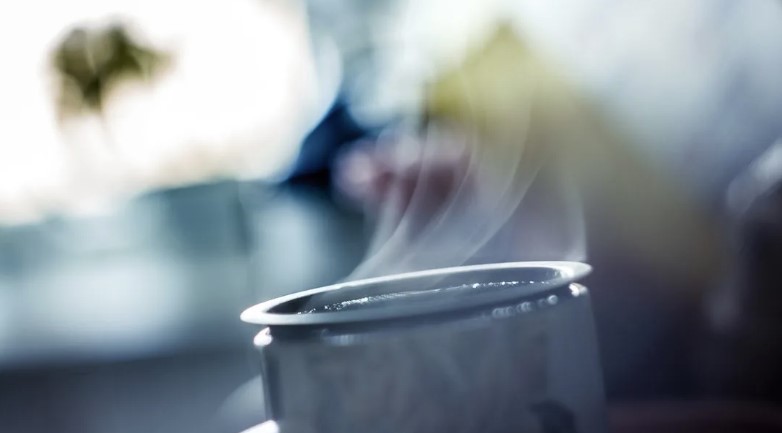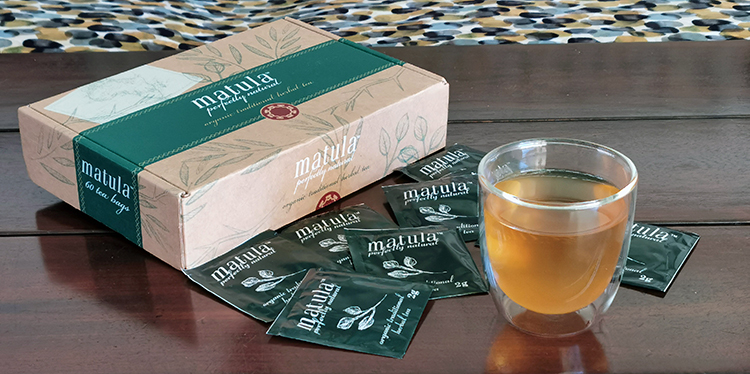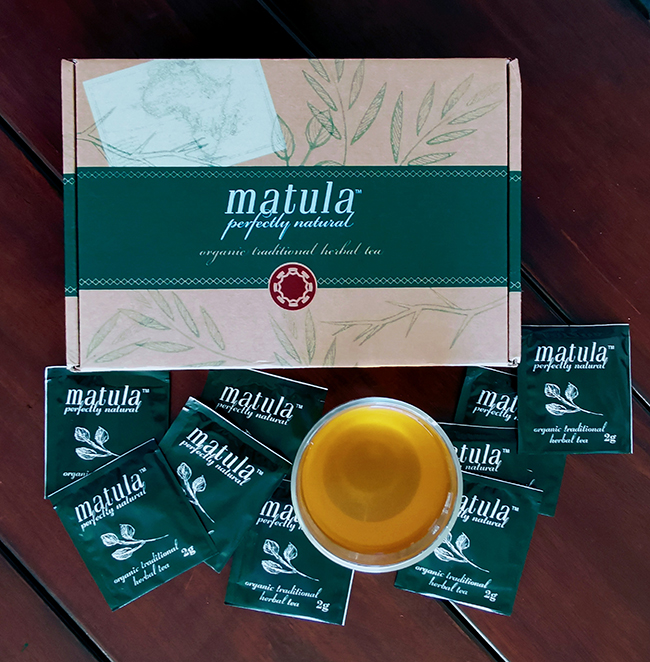Why Prescribed Treatments keep Falling Short
It’s no secret that navigating antibiotic resistance has made the treatment of Helicobacter pylori more complicated in recent years. The usual antibiotics? They just don’t work as reliably as they used to. Resistance is rising, and fast. So if you’ve ever wondered why your symptoms keep coming back even after a full round of treatment—well, there’s a good chance resistance is to blame.
That’s one of the main reasons so many people are now looking beyond conventional medicine. And among the natural alternatives, Matula Tea has quietly gained ground. It’s been around since 2006, and despite its gentle approach, it’s shown surprising strength in clearing H. pylori infections—often with just one 30-day course.
Let’s take a closer look at what’s going wrong with traditional treatments—and how something as simple as a cup of tea might just be part of the answer.

Understanding Antibiotic Resistance and H. pylori treatment
An Increasingly Difficult Match
This isn’t just a minor hiccup in treatment protocols. Antibiotic resistance in H. pylori therapy has become a serious obstacle. The bacteria have grown smart—or stubborn, depending on how you look at it. Over time, they mutate. They adapt. They learn to dodge drugs like clarithromycin and metronidazole, which used to be reliable options.
Now, people often end up cycling through multiple rounds of antibiotics, hoping one will stick. Sometimes it works. Other times? Not so much. In the meantime, symptoms linger—sometimes subtly, sometimes not. That lingering bloating, the occasional nausea, that gnawing pain? It adds up.
Doctors and researchers are starting to agree: we can’t keep throwing the same pills at the same bug and expect different results. It’s not just ineffective—it could actually make things worse in the long run.
This has sparked real interest in natural H. pylori treatments. Ones that aren’t subject to navigating antibiotic resistance. Ones like Matula Tea.
What’s at Stake? Your Gut Health!
Antibiotic resistance isn’t just a theoretical issue. It affects real people every day, often in frustrating and painful ways. When antibiotics fail to do their job, H. pylori hangs around—sometimes for years—causing everything from stomach discomfort to more serious complications like peptic ulcers or even an increased cancer risk.
But here’s the kicker: it’s not just the infection that’s the problem. The treatments themselves, especially repeated antibiotics, can disrupt the gut microbiome—the delicate balance of bacteria that keeps your digestive system running smoothly. When that gets out of whack (a condition known as dysbiosis), you may start noticing broader issues: fatigue, poor digestion, even weaker immunity.
In a way, it’s a domino effect. You take antibiotics to kill off one problem, and end up dealing with several new ones. However you look at it, navigating antibiotic resistance is an important approach to making sure you get better safely.

Matula Tea: A Natural Way to Outsmart H. pylori
A Proven Option – with Peace of Mind
Matula Tea might seem like an unlikely contender in the fight against something as persistent as H. pylori. After all, it’s just tea, right? But that’s the interesting part. Since 2006, this specific blend of wild-growing South African herbs has quietly built a track record for doing what many antibiotics can’t anymore—clearing H. pylori infections, safely and without harsh side effects.
It doesn’t rely on synthetic chemicals. No harsh disruptions to your gut. And according to both clinical insights and user feedback, it works – and in just 30 days.
You’re not left juggling multiple prescriptions or suffering through a long list of side effects. It’s one course, one tea, one month. And results are guaranteed!

Gentle, Targeted, and Easy on the System
The appeal of Matula Tea isn’t just in what it does—it’s in how it does it. Unlike many drug-based treatments, which hit your whole system hard, Matula Tea is selective. It targets H. pylori without wiping out the friendly bacteria your gut actually needs.
This more focused action means fewer complications. No antibiotic-related nausea. No long-term gut damage. Just a gradual, consistent easing of symptoms—like digestion settling down again or bloating becoming less frequent.
People often say they feel better overall, not just symptom-free. Maybe that’s because the tea is working with their bodies, not against them. Or maybe it’s just that rare thing—a treatment that actually feels good to take.
A Simple 30-Day Commitment
There’s something refreshing about a plan that doesn’t drag on. Matula Tea follows a straightforward protocol: one treatment, 30 days, twice a day. That’s it.
No rotating antibiotics. No diet overhaul. No wondering if you’re going to need another round. The tea takes its time to work—but in a good way. It builds up gradually, addressing the root cause rather than just dampening symptoms.
And yes, some people feel better halfway through. Others might not notice much until the final week. But that’s how healing often works—quietly, steadily, without fireworks.
Why More People Are Turning to Matula Tea Now
Choosing Confidence Over Guesswork
There’s something oddly comforting about using something that’s both natural and well-documented. With conventional antibiotics, there’s often uncertainty—”Will this one work?” “Will I need another round?” “What if it gets worse?”
Matula Tea offers an escape from that loop. Over 55,000 successful cases, numerous positive testimonials and clinical studies prove it’s far more than just hype. And since it’s a once-off treatment you’re not locking yourself into anything long term.
It’s hard to put a price on peace of mind—but for many, Matula Tea has delivered exactly that.

Natural vs. Conventional: A Preference that defeats Antibiotic Resistance
The divide between natural remedies and pharmaceutical treatments isn’t new, but the conversation has shifted. Navigating antibiotic resistance has complicated things for most doctors, and more people are open to trying safer, holistic options.
Yes, antibiotics still have their place. They can be life-saving in the right context. But when it comes to persistent, resistant H. pylori infections, they’re no longer the guaranteed fix they once were.
Natural options like Matula Tea don’t just go after the infection. They support the whole system, allowing healing to happen without adding new problems. That makes a big difference—especially for those who’ve been on the antibiotic rollercoaster for a while.

Stories That Speak for Themselves
One of the most telling things about Matula Tea isn’t found in lab results—it’s in the stories people tell. Stories from those who tried everything else first. Who were skeptical at first but gave it a shot because they were out of options. And who, often to their surprise, felt better—finally.
You’ll find plenty of these stories on forums, health blogs, and review sites. They don’t all sound the same, but there’s a thread of relief running through them. Some describe a slow recovery. Others saw results almost immediately. A few even mention being cautiously optimistic after years of disappointment.
They’re not perfect narratives, but they’re real. And if you’re facing a stubborn H. pylori infection, that kind of raw honesty can be more reassuring than any statistic.
OR…
OR…




References
- Evolution of Helicobacter pylori Resistance to Antibiotics: A Topic of Increasing Concern
https://pmc.ncbi.nlm.nih.gov/articles/PMC9952372/ - MDPI – Antibiotic Resistance and Therapy for Helicobacter pylori
https://doi.org/10.3390/antibiotics12121669 - Mayo Clinic H. pylori Symptoms
https://www.mayoclinic.org/diseases-conditions/h-pylori/symptoms-causes/syc-20356171 - Comparative Effectiveness of Treatments (2021)
https://pubmed.ncbi.nlm.nih.gov/33839101/
